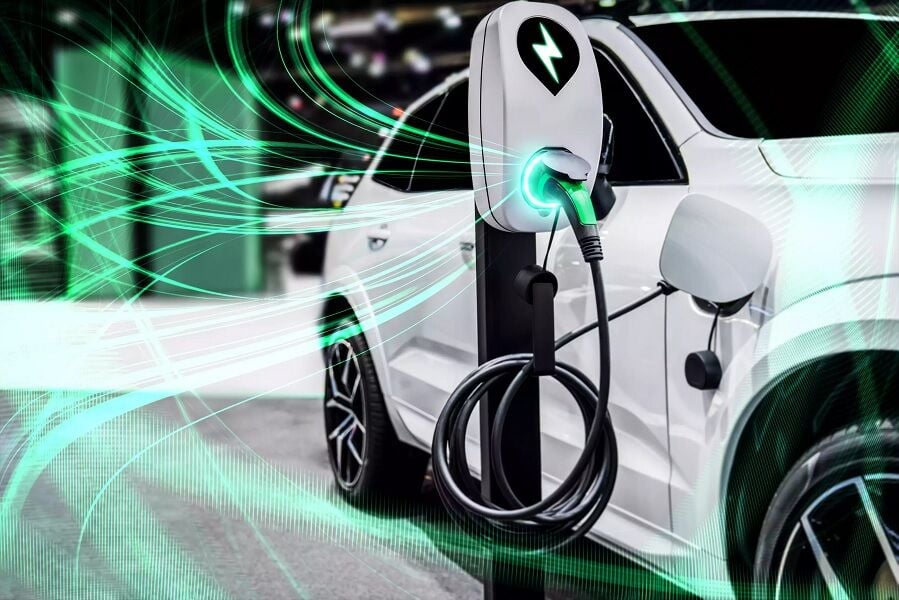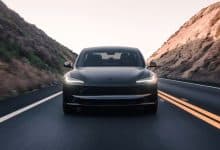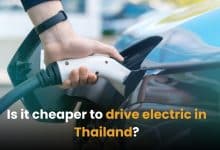Thailand expects major rise in EV imports under new four-year plan

The director-general of the Excise Department projected a significant increase in electric vehicle (EV) imports, with an estimated 175,000 units expected to reach Thailand within two years. This comes as part of a four-year plan, EV3.5 (2024-27), which requires importers to establish a production base in the country from 2024-25 onwards, to replace imports with domestically produced EVs.
The plan predicts a domestic production of between 350,000 and 525,000 EV units by 2027. The estimated subsidies provided under this scheme amount to 34 billion baht. Ekniti Nitithanprapas elaborated on the objectives of EV3.5, stating that the plan aims to spur investment in EV production, bolster competitiveness, promote carbon neutrality and net-zero emissions, and align with the Excise Department’s strategy for sustainable growth.
Under EV3.5, by 2026, participants must establish a production base in Thailand and initiate domestic production to balance out imports. The ratio for this is set at 1:2, meaning that for every imported EV that receives a subsidy, two units must be produced locally. This ratio is set to increase to 1:3 by 2027. EV manufacturers wishing to benefit from the subsidy provided under EV3.5 must register with the Excise Department.
Recently, three Chinese EV manufacturers – Changan Auto Sales (Thailand), SAIC Motor-CP, and Great Wall Motor Manufacturing (Thailand) – have committed to establishing production facilities in Thailand. Participants under EV3.5 will receive support from the Excise Department.
Subsidies are offered for EVs priced up to 2 million baht with a battery size between 10 and 50 kilowatt-hours (kWh), with amounts varying depending on the year of purchase. A larger battery size of at least 50 kWh will qualify for larger subsidies. Additionally, the Excise Department will cut import duties by up to 40% for fully built electric cars priced up to 2 million baht for the first two years (2024-25), while the excise tax rate will be reduced from 8% to 2% for 2024-27.
The excise tax rate will also be cut from 8% to 2% for electric cars priced from 2-7 million baht with a battery size of at least 50 kWh. Other vehicles, such as pickups priced up to 2 million baht with a battery size of at least 50 kWh, and electric motorcycles priced below 150,000 baht with a battery size of at least 3 kWh, will also receive various subsidies and reduced excise tax rates during the years 2024-2027, reported Bangkok Post.
Latest Thailand News
Follow The Thaiger on Google News:


























